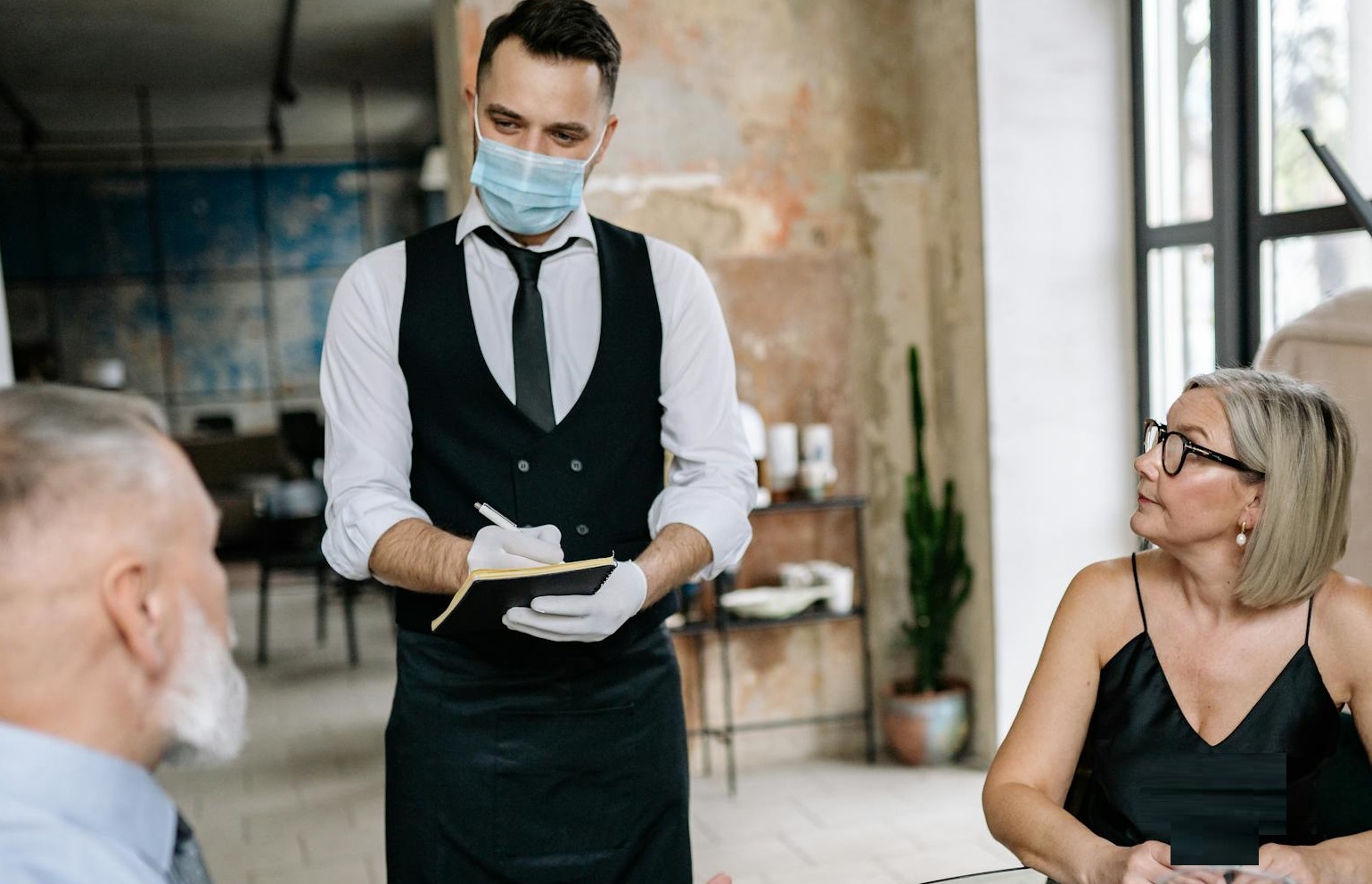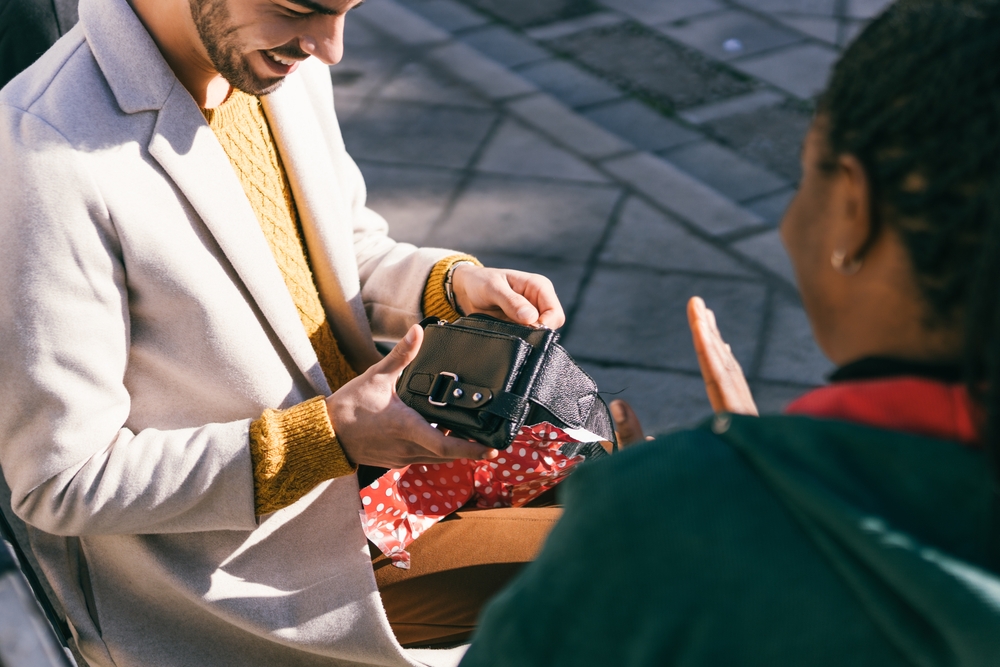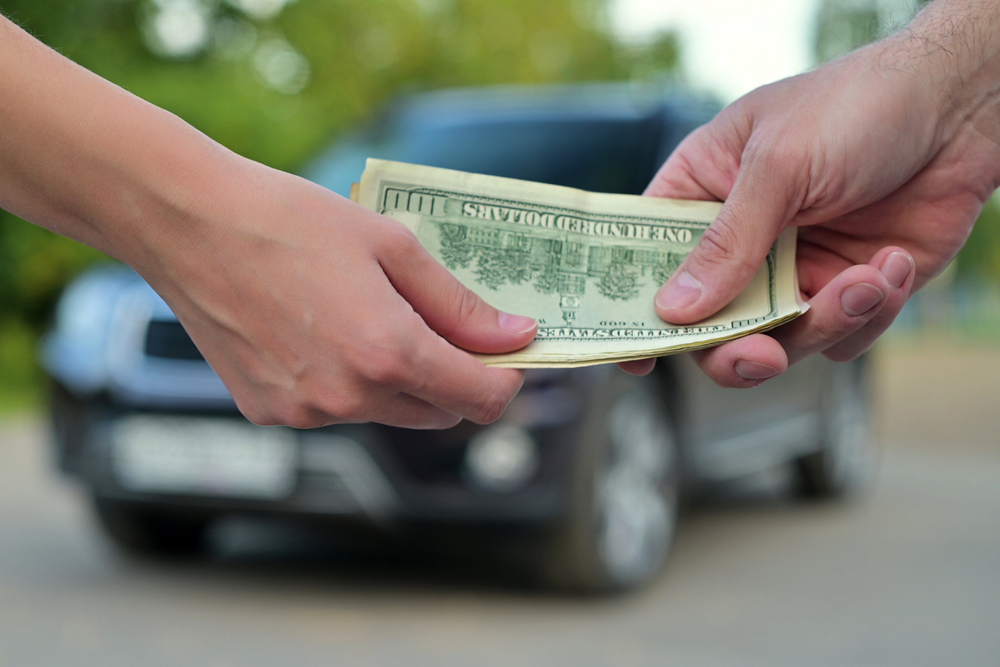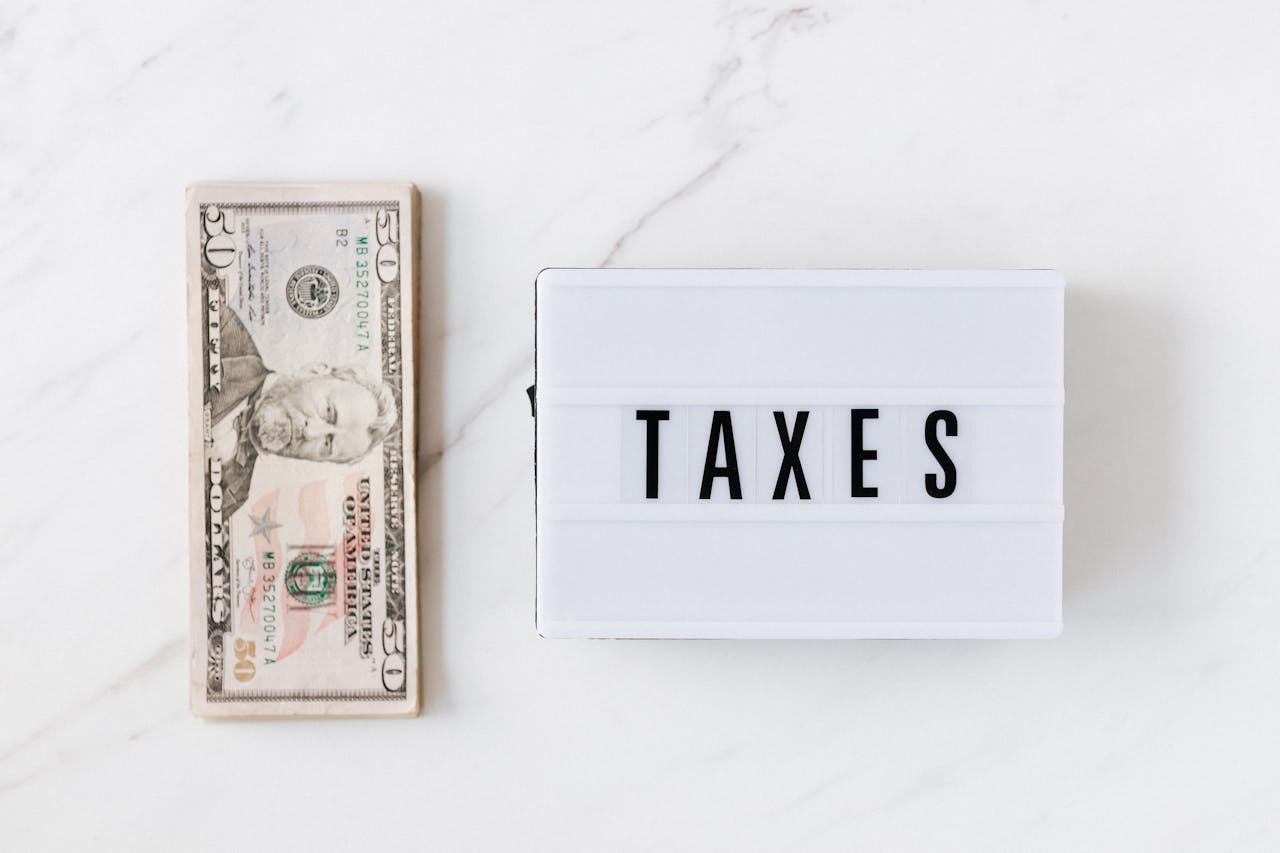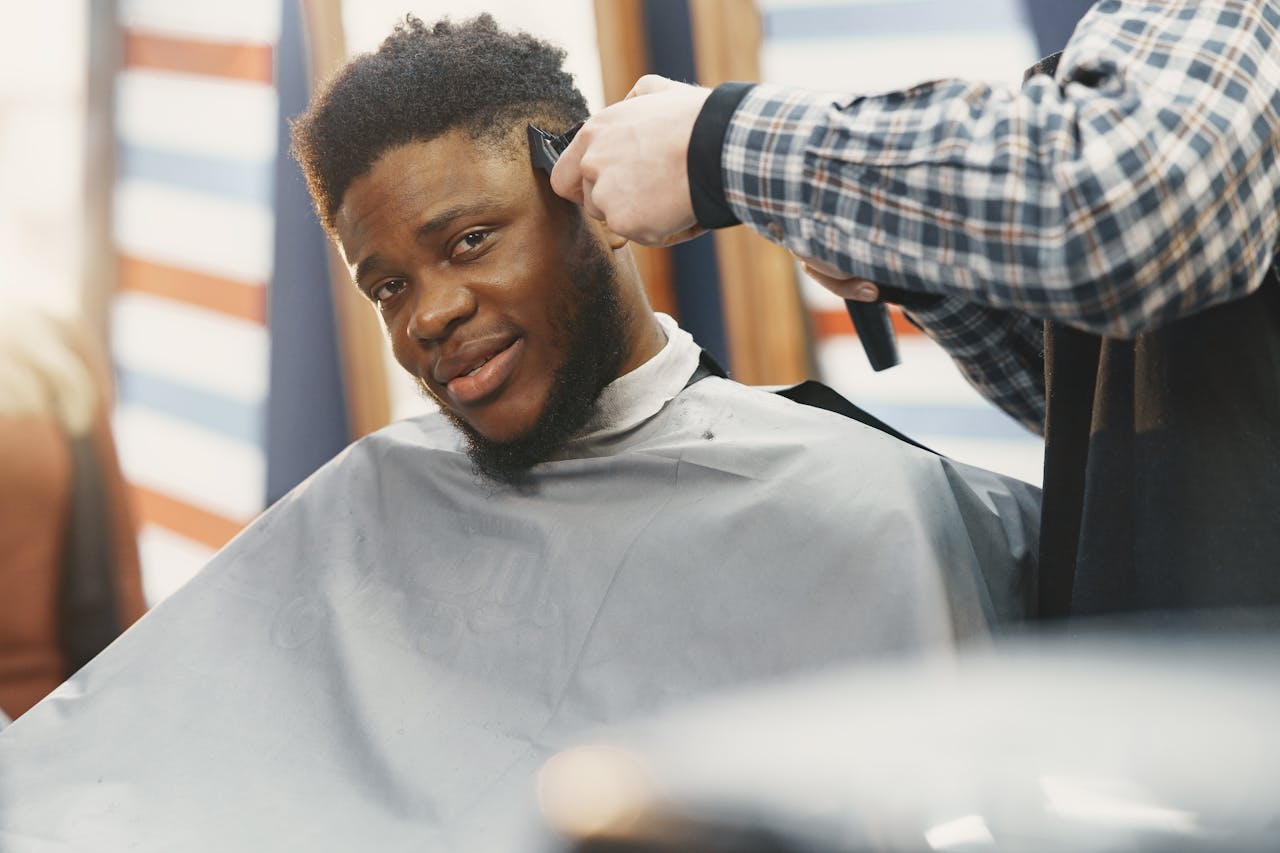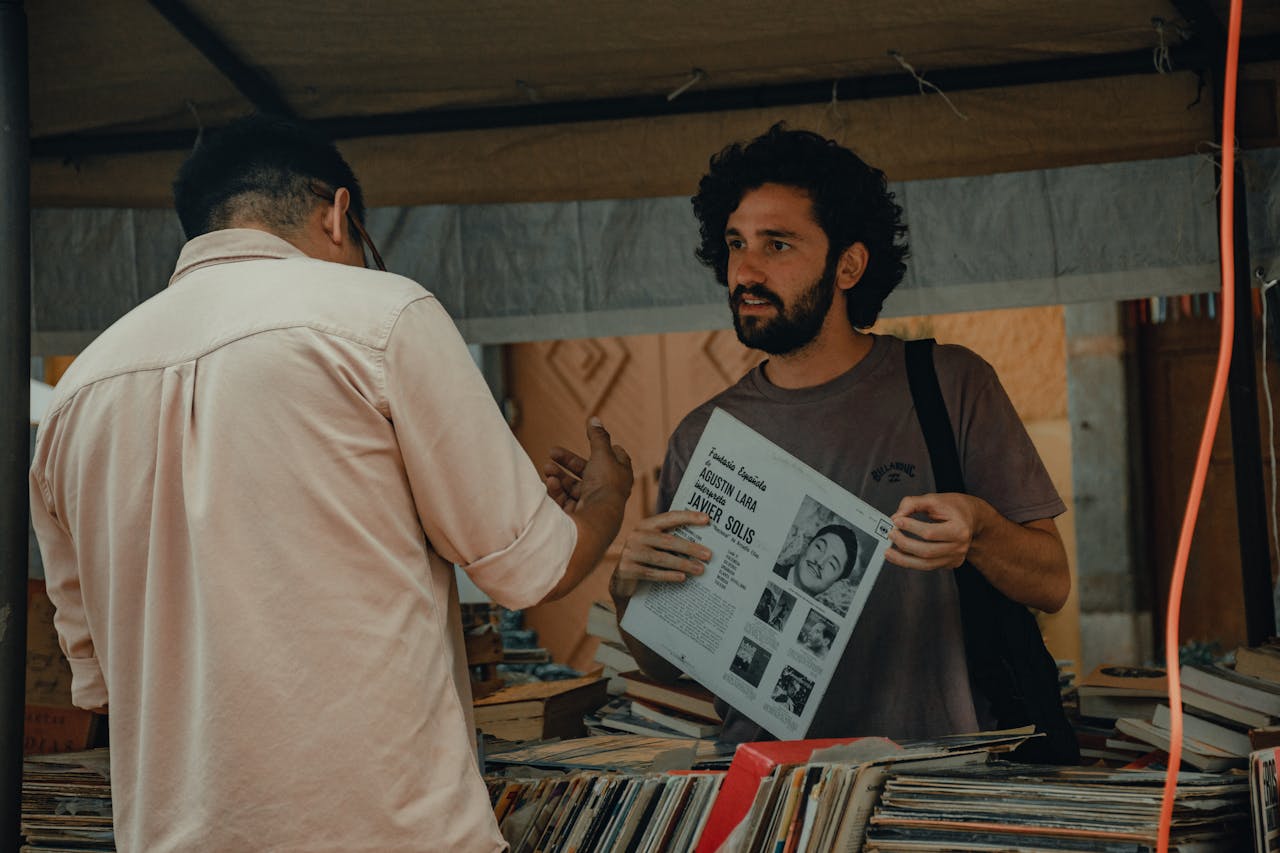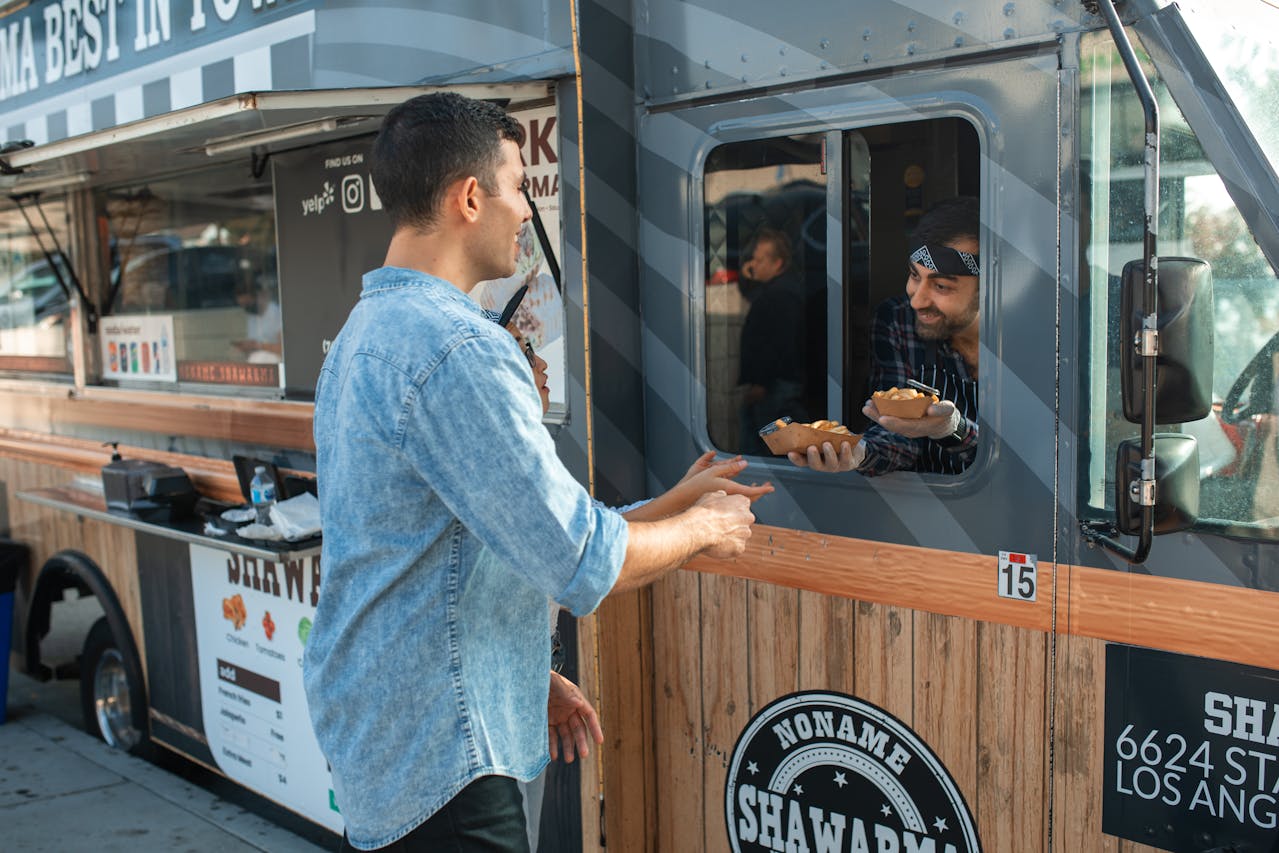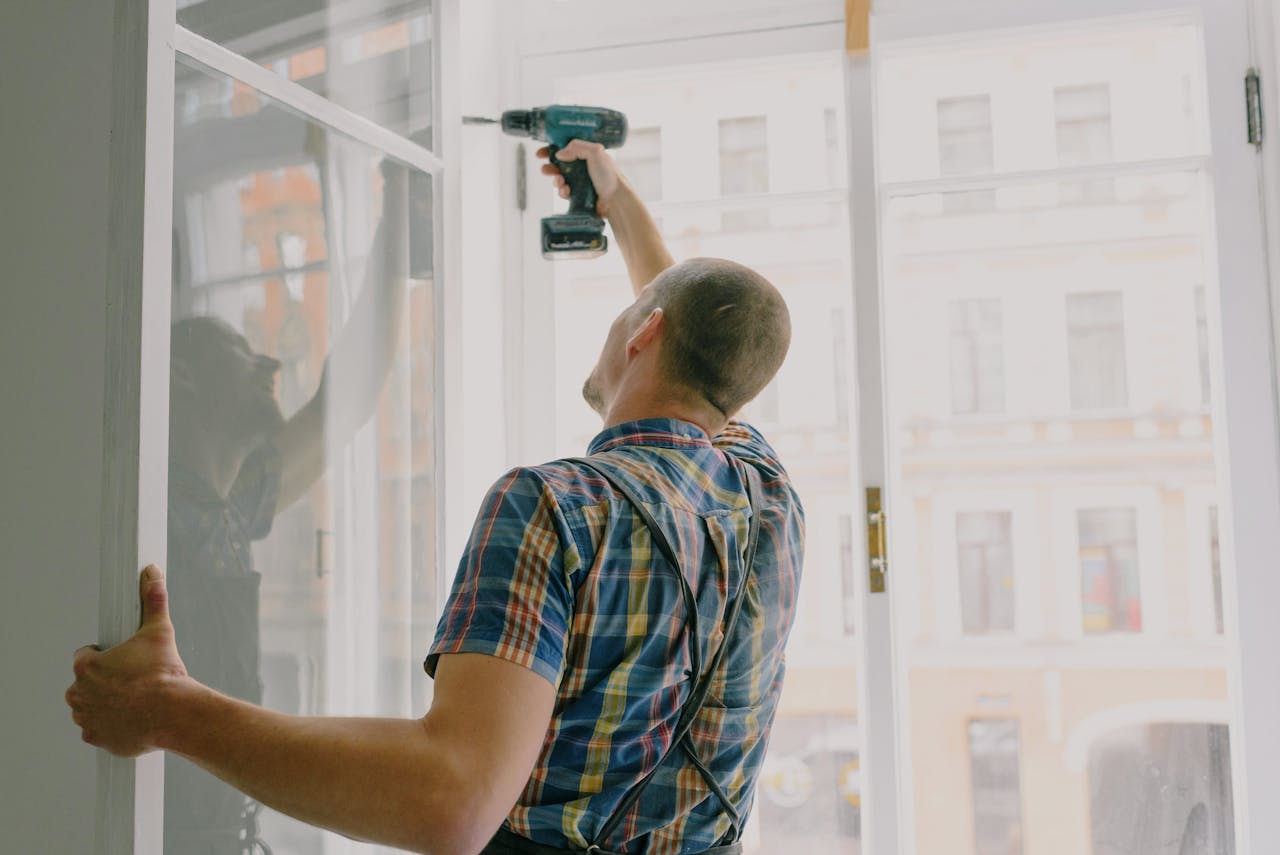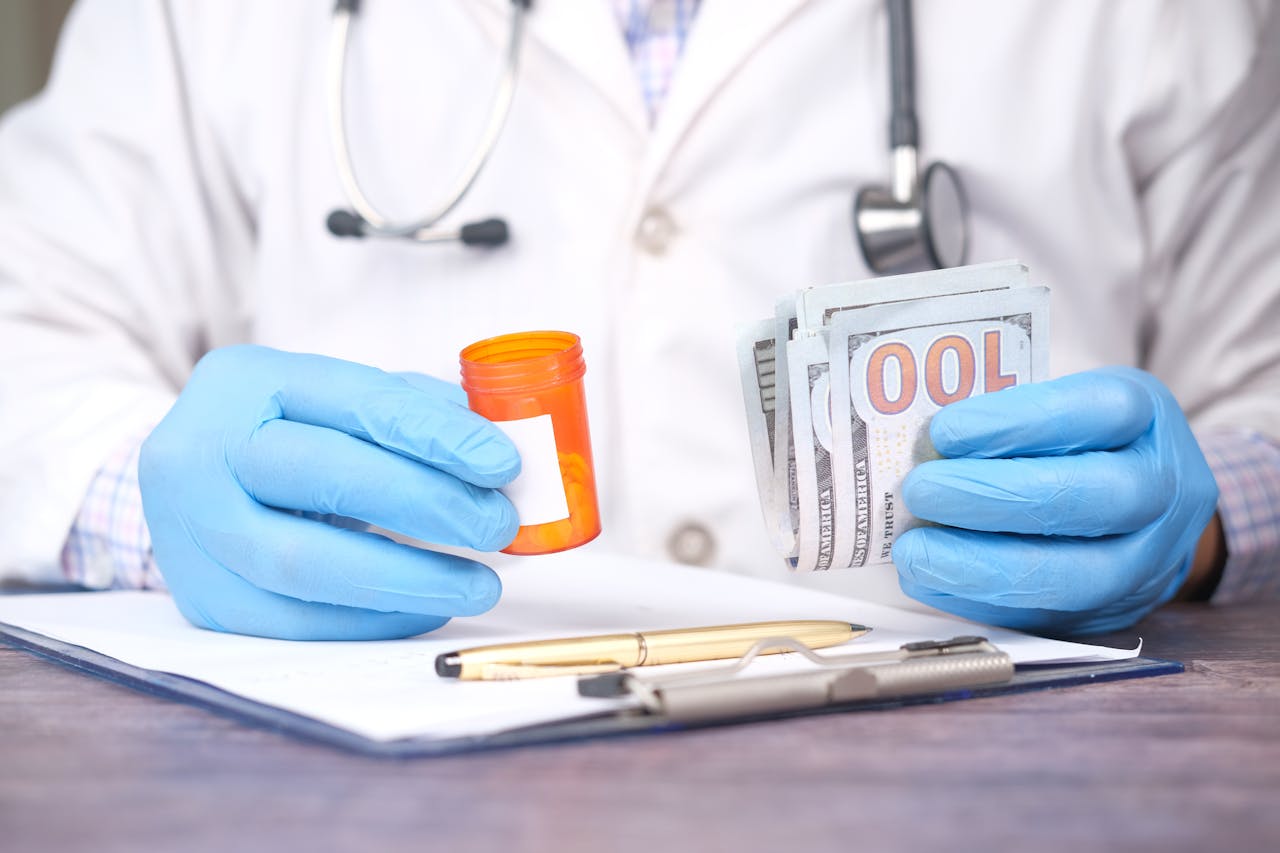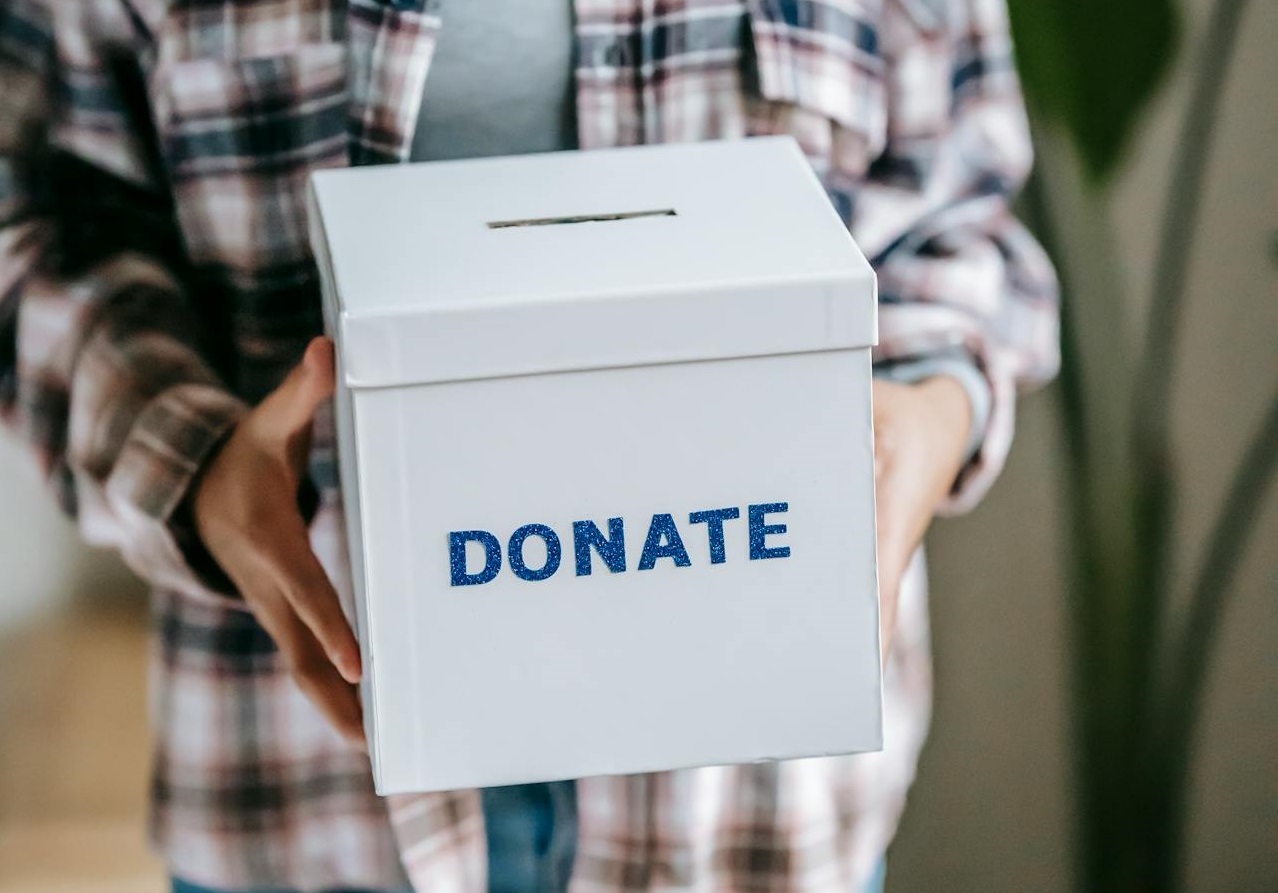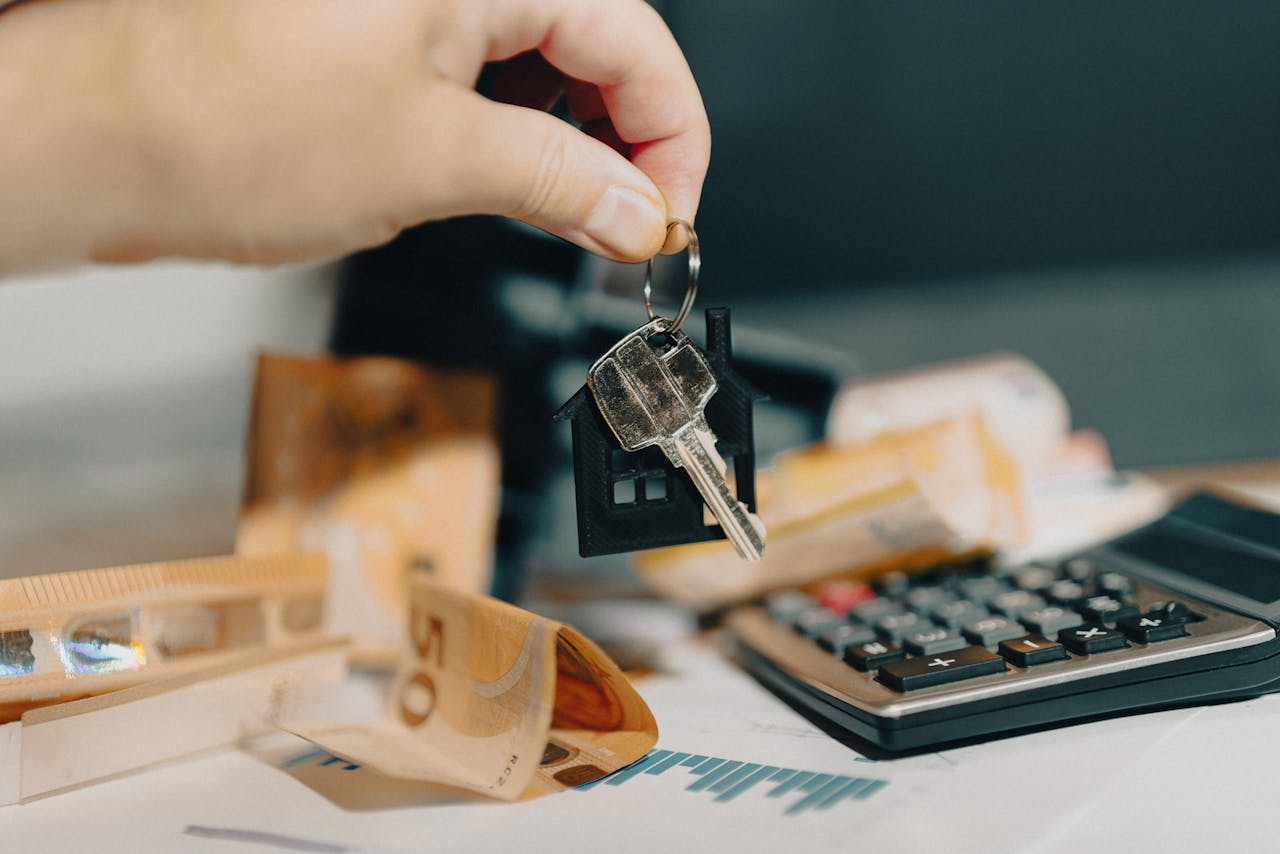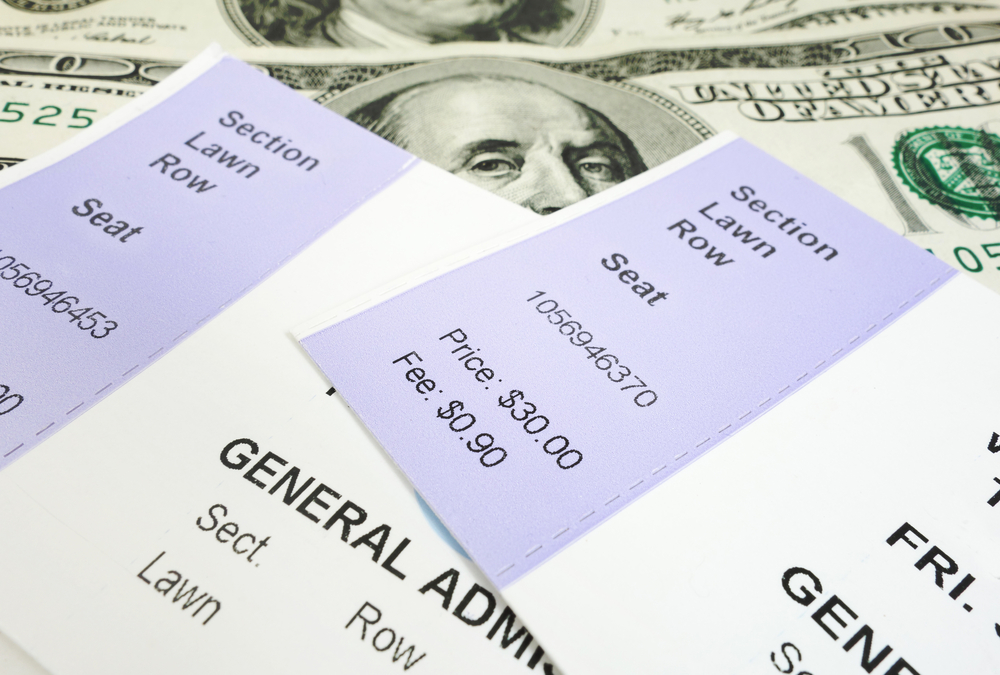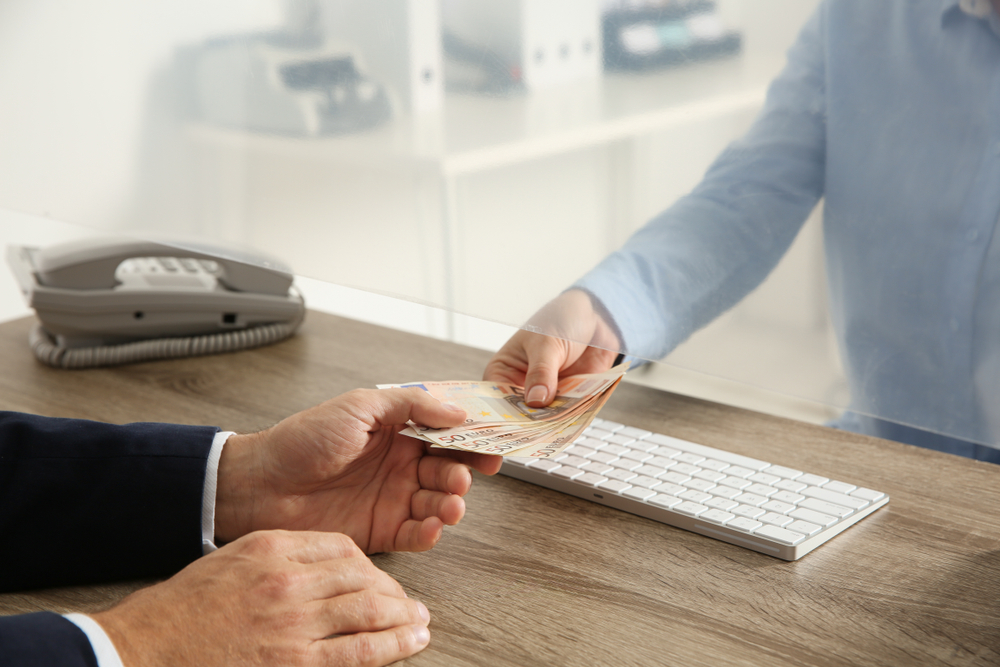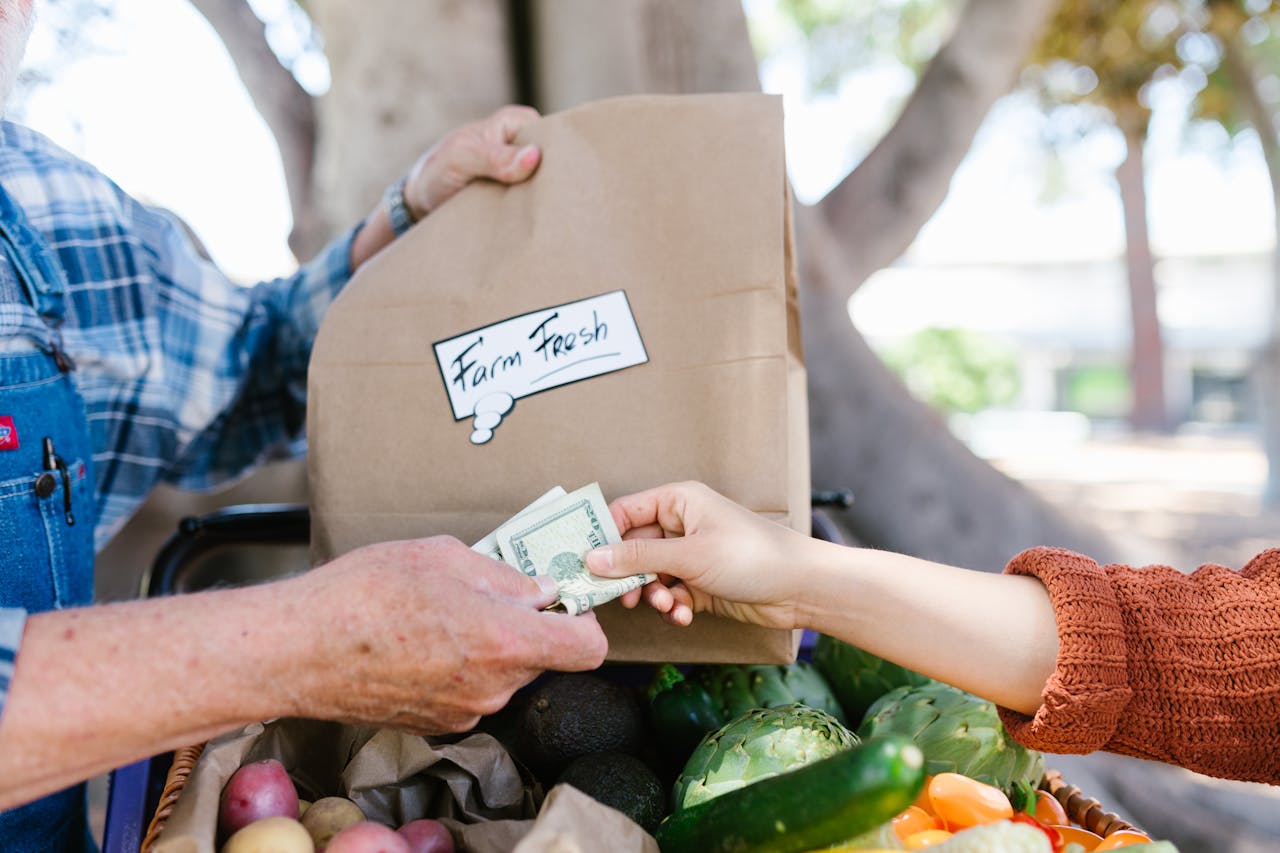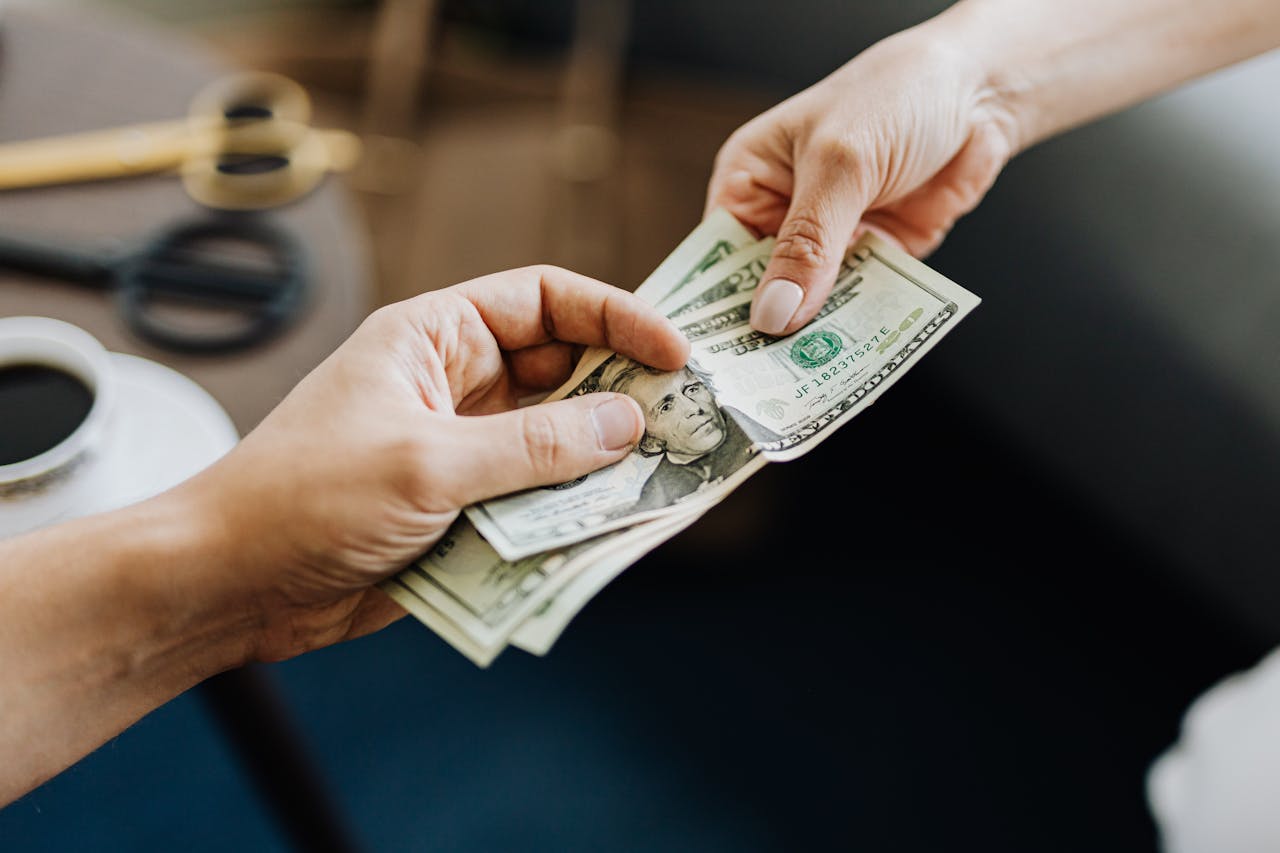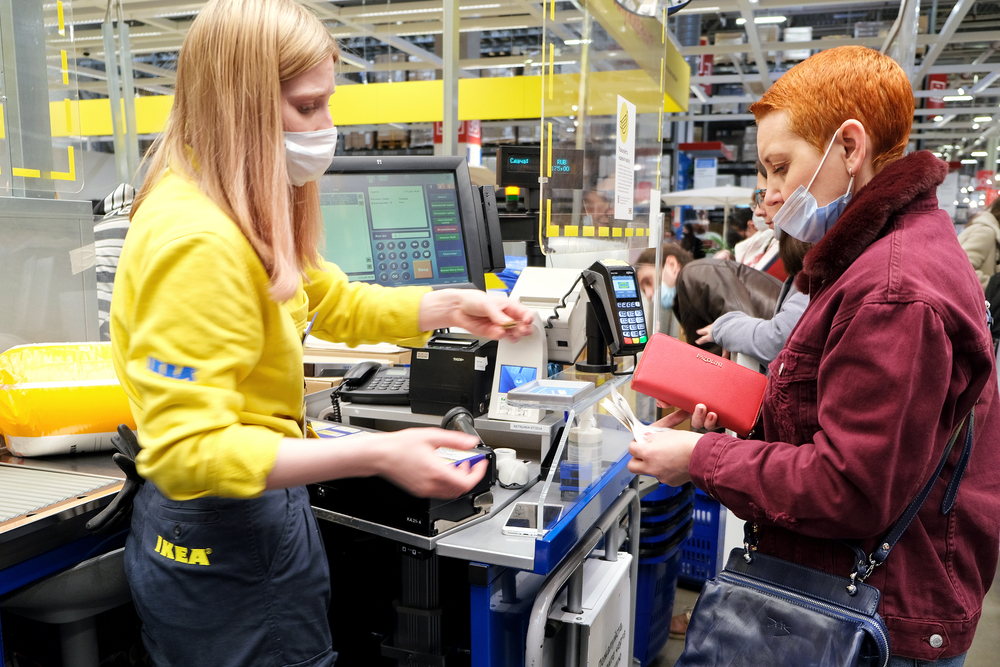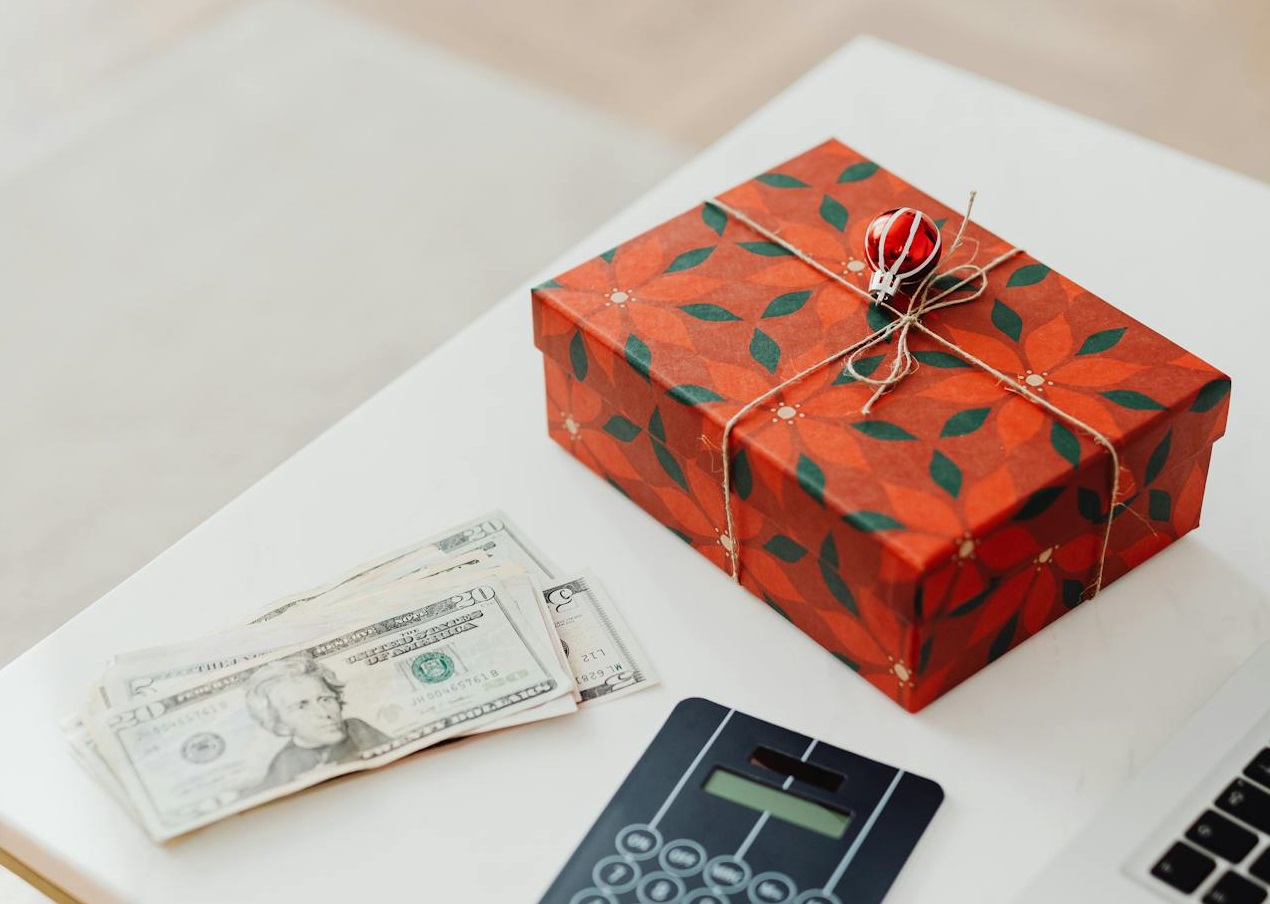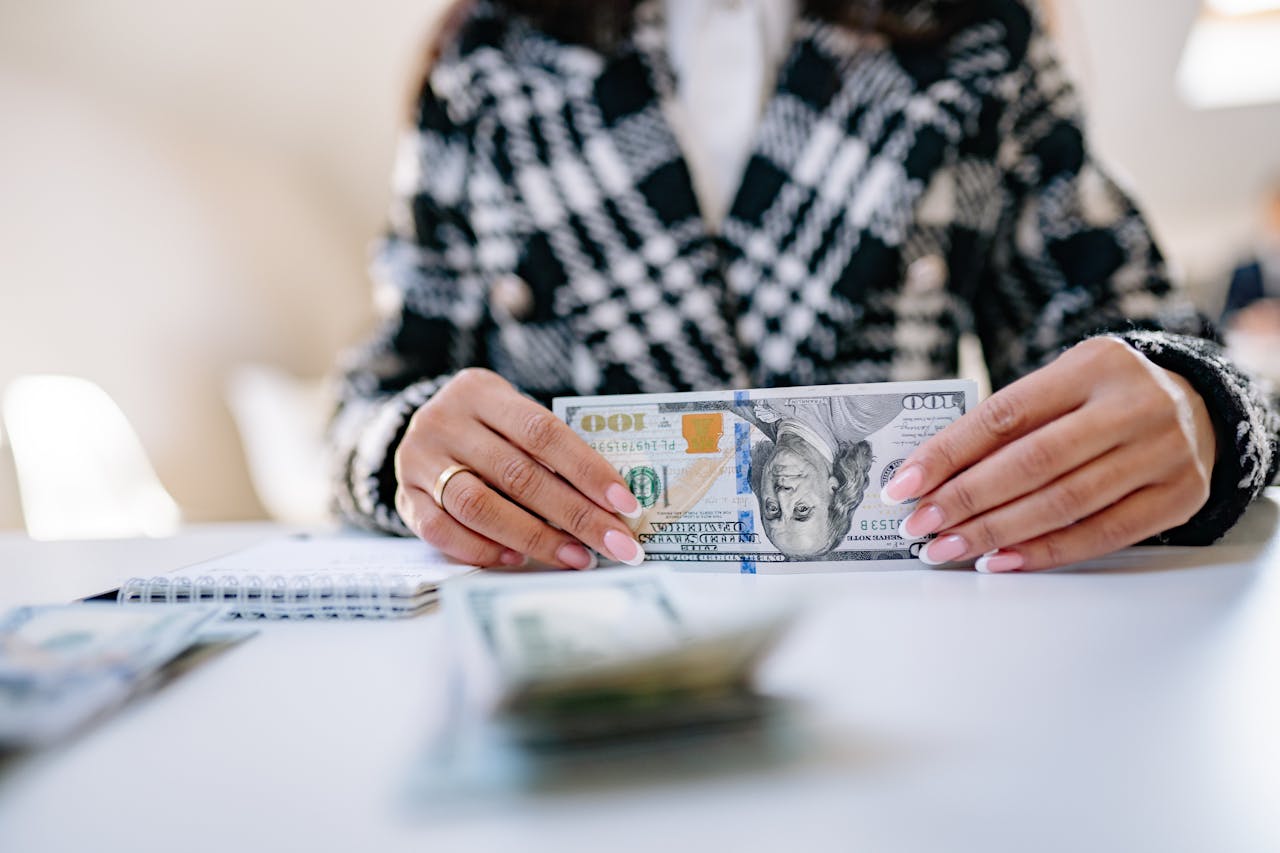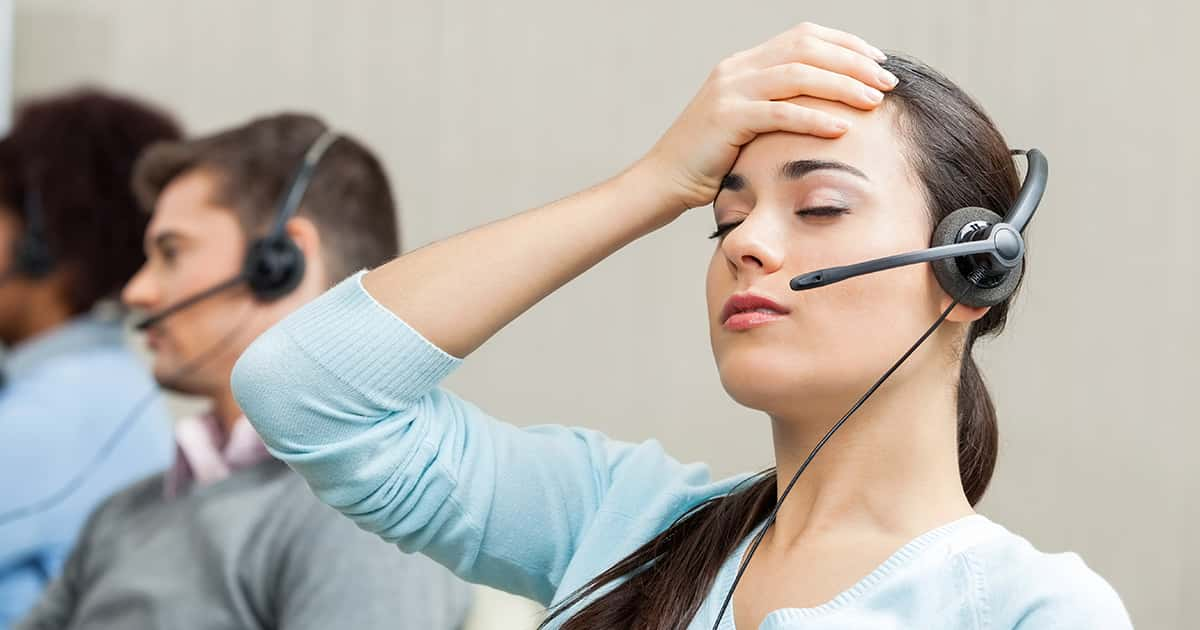You Should Always Pay For These Items In Cash
Cash is slowly but surely becoming a thing of the past, with debit and credit cards being the standard way to pay for items nowadays, save for the odd farmers' market. But what are some instances where cash might be the preferred payment method? Let's explore which items you should continue to pay for in cash.

Meals You Eat Outside Of The Home
Paying for dinner out can become expensive in a hurry if you're ordering that extra side or that extra appetizer—because why not? But if you discipline yourself to have a budget for, say, $40 for each dinner you eat out, you'll probably save money and not order the extra appetizer because you're paying with cold, hard cash.
Drinks At The Bar
We all know how expensive a night out can become, particularly if you've slammed down a credit card on the bar and told the barkeep to "put it on a tab". Well, you're in for a rude awakening in the morning—and not just the pounding headache. If you're going out drinking, set yourself both an alcoholic and financial limit. This will stop you from spending and drinking more than you should.
Online Marketplace Purchases
We're all familiar with buying things on places like Craigslist or Facebook Marketplace. But there are plenty of scams out there that rob people of tens of thousands of dollars, if not more, every year. Always—always—meet whomever you're buying from in a public place and always pay for the item after you've inspected it for functionality. Using cash also helps keep the transaction simple and avoids any conflicts or long wait times for electronic transaction confirmation emails and the like.
A Used Car
Unless you're financing a vehicle, there's no reason why you can't make a used car purchase with cash, particularly if you're only spending about $2,000 on one. It's a great way to avoid crushing vehicle debt, which reached $1.6 trillion in 2023. Ensure the seller provides a receipt—you'll need one for the DMV.
Buying Anything On Vacation
Bear international transaction fees in mind when buying anything overseas. Just because you can use your credit card in a foreign country doesn't mean there aren't exorbitant fees on top of your purchase price for an item. Convert some existing cash into local currency to pay for things. It'll keep you on budget, too.
Your Taxes
Paying your taxes in cash, or at the very least, with your debit card, is an excellent way to avoid interest rates on credit card payments. Don't pay Uncle Sam with a credit card; use cash or a debit account instead.
That Impulse Buy
Carrying cash in your wallet is a great way to save yourself from impulsively spending large amounts of money. That amazing summer dress that caught your eye in the shop window? The new PS5 game you've been walking by religiously for the last week? See if you've got the cash for it in your wallet. If so, go forth—if not, leave it there.
The Morning Coffee
By now, you should have some idea of what your morning coffee order will cost. If you know it's going to be $4.60 for that extra-large Americano that you always have, take along $25 for the week and you'll find you're not spending as much on that chocolate chip cookie, or the fancy, new drink the shop is advertising.
 The Lazy Artist Gallery, Pexels
The Lazy Artist Gallery, Pexels
Tipping Your Service Providers
Even if you pay for your meal with a card, giving your server cash ensures that they get to keep all the money. Unless their workplace has a redistribution policy about tips, try to always give your server cash, that way, their boss can't take their tips from them (which might be illegal, but it does happen).
Haircuts And Other Services
Small business service providers like hairdressers, babysitters, and even the person who mows your lawn love cash payments. They love cash payments because they don't have to deal with service charges by credit card companies. Try and pay your service providers in cash—they may offer a discount if you do!
Shopping Second-Hand
Outside of big-box second hand stores like Habitat For Humanity, flea markets and estate sales are great places to pay for things in cash. Sellers prefer cash because they don't have to deal with electronic payments, which can be challenging—and you'll generally find that pricing will end with a 5 or 0, keeping the math easy.
Items At Farmers' Markets
Whether it's the small-time artist selling prints, or your local farmer selling their pork and beef, try to stick to paying cash. Not only will it keep you on-budget with your food, but it'll make it easier for the vendors, too.
Food From Food Trucks Or Street Vendors
Similar to farmers' market purchases, small businesses like food trucks or street food vendors are often operating with a razor-thin profit margin, and having to pay fees for electronic payments will often eat into their profits, even if only by a couple of percent. Try to pay for any food you buy on the street with cash.
Services From Independent Contractors
Small businesses like Joe the Plumber or John the Carpenter don't have the huge budgets of large corporate chains like Home Depot, so all of their equipment and gear had to come out of their hard graft. Contractors will often prefer cash payments, so they, too, don't have to deal with transaction fees or wait times. Try to get a price from your contractor during the initial service call, then set aside that cash accordingly.
Your Healthcare
If you don't have private health insurance, then paying for your healthcare needs in cash might be your only option. Even if it isn't, paying for your healthcare with cash, rather than putting it on a credit card, may also keep your personal health information secure from hackers.
Charity Donations
Unless you're giving charity donations online, it's a good idea to bring some cash with you when attending your next charity event. This will help reduce the strain on those small volunteer-run charities that don't have the resources to take electronic payments on a large scale, and can also help keep charitable donations anonymous, if you're going to donate a large amount.
Your Rent
Sometimes, a landlord will prefer to have your rent paid in cash, usually on a smaller scale, if they're renting a room in a house, for example. Another reason to pay your rent in cash is that you know that the rent has been paid and there's no room for disputes, nor room for any electronic banking errors that can make rent payments later than they should be.
Sporting Events Or Music Concerts
By paying for second-hand tickets for sporting events or music concerts in cash, or paying in cash at the door, you're sidestepping extra fees that can be imposed on those buying through online vendors like Ticketmaster.
Hotel Or Motel Stays
In instances where you're staying in a foreign country, paying with cash might be preferable for the owners, particularly in locations where credit card payment systems aren't as common. It can also avoid any issues with payment that may arise from a language barrier of any sort. Cash transactions are smooth and communication-free.
Your Weekly Groceries
Paying for your groceries in cash will help you stay on budget with your weekly grocery shop. Whether you're shopping for one person or three, creating and sticking to a grocery budget by meal planning is much easier to do if you're paying with cash. Take your weekly budget for groceries out of the bank every week and only use that money when you're going to the grocery store.
Car Repairs
Small-time mechanics often don't have the time nor resources to deal with electronic payments, particularly for small jobs like oil changes, tire realignments, or swapping winter tires for summer ones and vice versa. Get a quote from your mechanic for those small jobs and bring along the required amount in cash.
Private Tutoring
Private tutors often prefer dealing with cash for the same reason as most other small businesses—they don't want to have to deal with transaction fees. Compensating your private tutor in cash can help foster a relationship as an easygoing, quick-paying client.
Gasoline
Have you noticed there are two different prices offered at the pumps? One for cash payments, the other for credit card payments? That's because credit card companies charge the gas vendor the same fee they charge you—so use cash to pay for your gas and save yourself 3% on the purchase price.
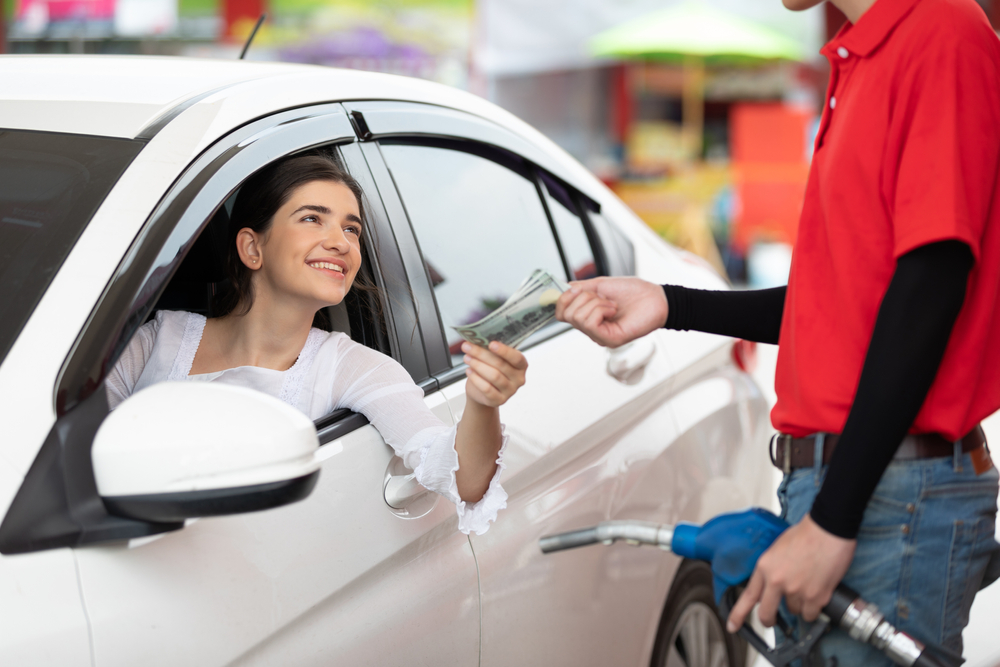 Mangkorn Danggura, Shutterstock
Mangkorn Danggura, Shutterstock
Furnishings
If you find a great deal on a piece of new furniture (mostly in the clearance section of big-box furniture stores like IKEA), try to pay for these in cash. It'll help you and the merchant avoid credit card fees, which can be a fair bit, depending on the cost of your new piece of furniture.
Electronics
Paying for your brand new iPhone with a debit card or cash is a great way to keep yourself conscious of the amount of money you're spending on it. If you don't need the latest and greatest iPhone or laptop, then maybe consider holding off on the purchase. And if you can't afford it when you look at your bank account, then you certainly can't when you factor in credit card fees.
Gifts
If you've just bought a gift for someone at Christmas and it needs to be returned for whatever reason, you'll be on the hook for that return (and even lose money) if you've gone into debt (used a credit card) to pay for it. By paying with cash or your debit card, you can easily return the item without hassle.
Vacations
Set yourself a vacation budget—you could even leave your credit card at home. By setting yourself a vacation budget and not spending a penny more than what you have for cash-in-hand, you'll very quickly become aware of every little extra purchase you make. Make your vacation money go further by paying for items in cash.
College Tuition
Your college tuition bill is going to be expensive. So, why make it more expensive by paying a 2% transaction fee on something that's $10,000 or more? That's an extra $250 at minimum! Save yourself from spending more money than you already have on your education and use cash or your debit card to pay for your college tuition.
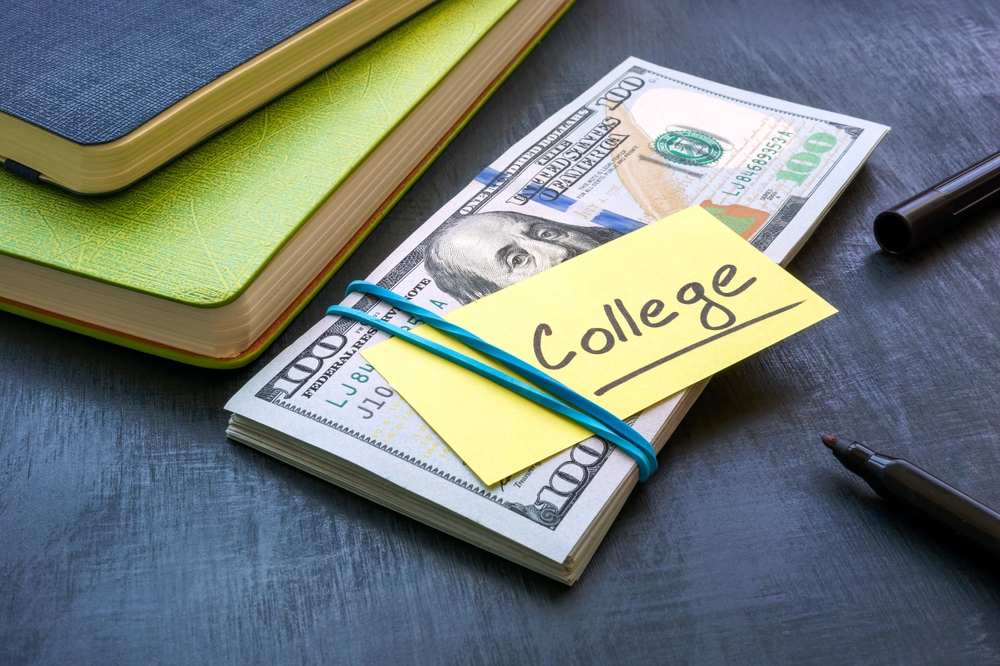 Vitalii Vodolazskyi, Shutterstock
Vitalii Vodolazskyi, Shutterstock
Government Services
Although many American states have laws that prohibit retailers from charging you credit card surcharges, government offices like the DMV or post office will still charge you the 2% processing fee. And depending on what you're paying for, that can be quite steep! Set money aside to pay for your government-based services in cash or with your debit card.


